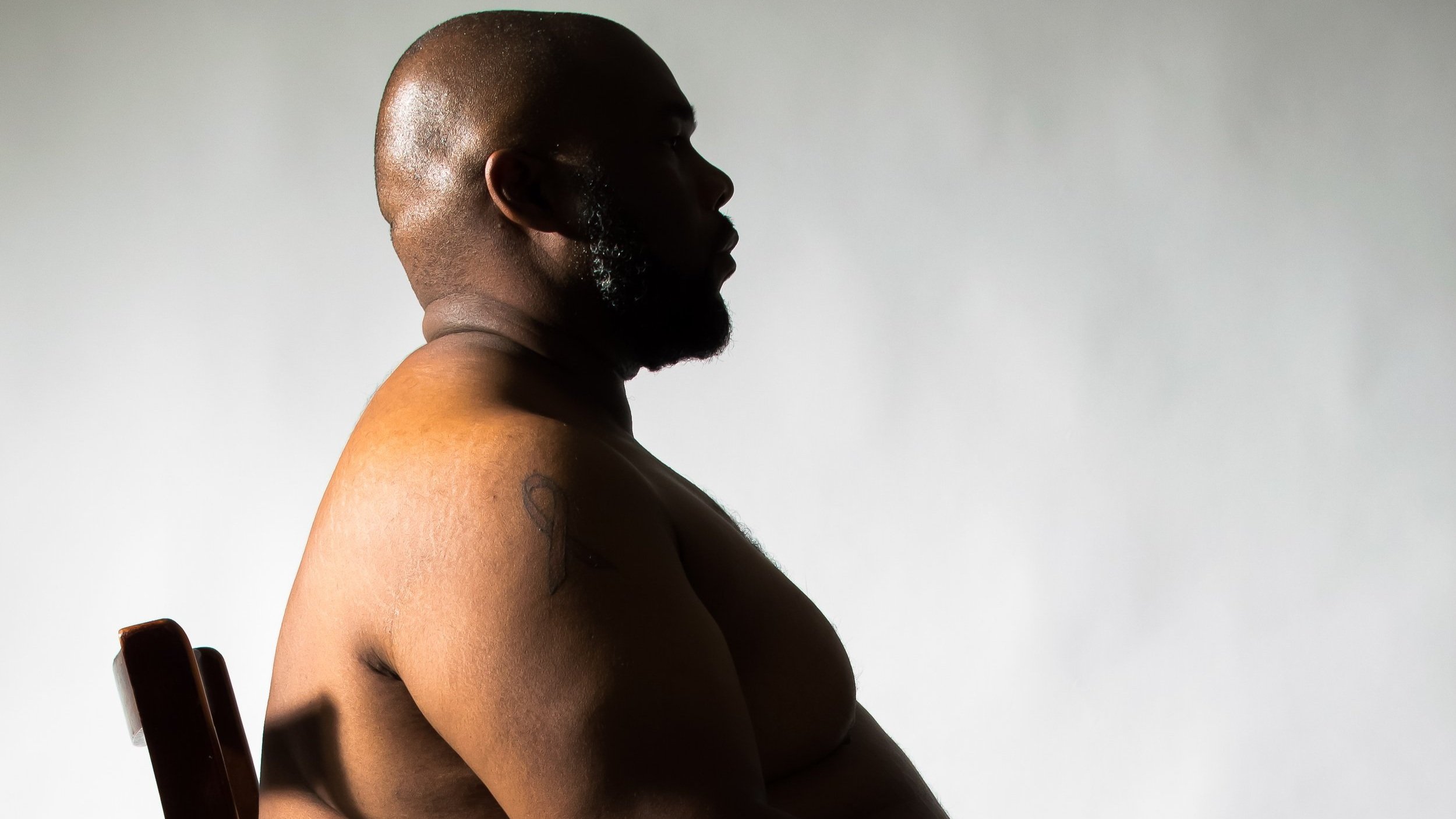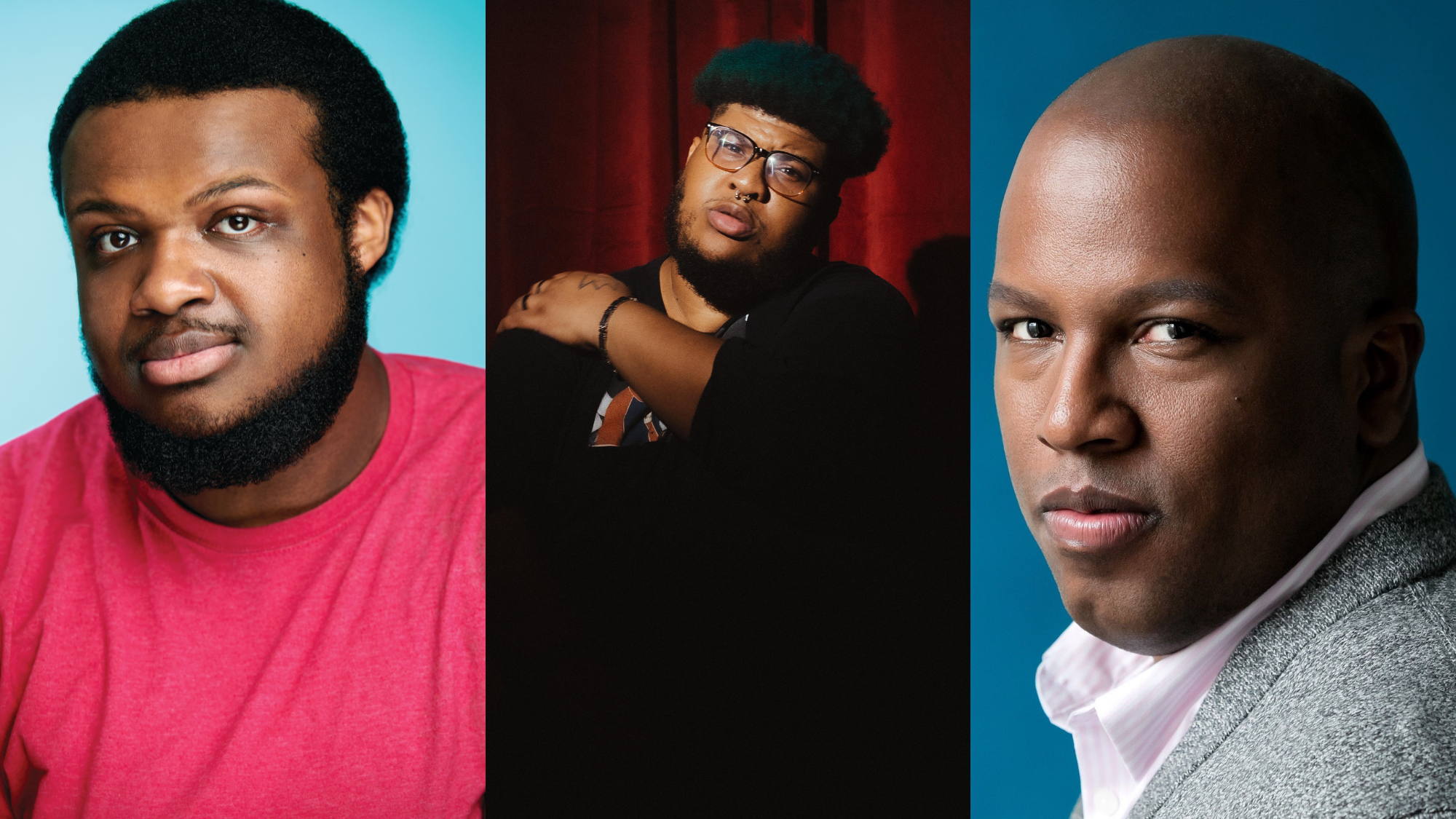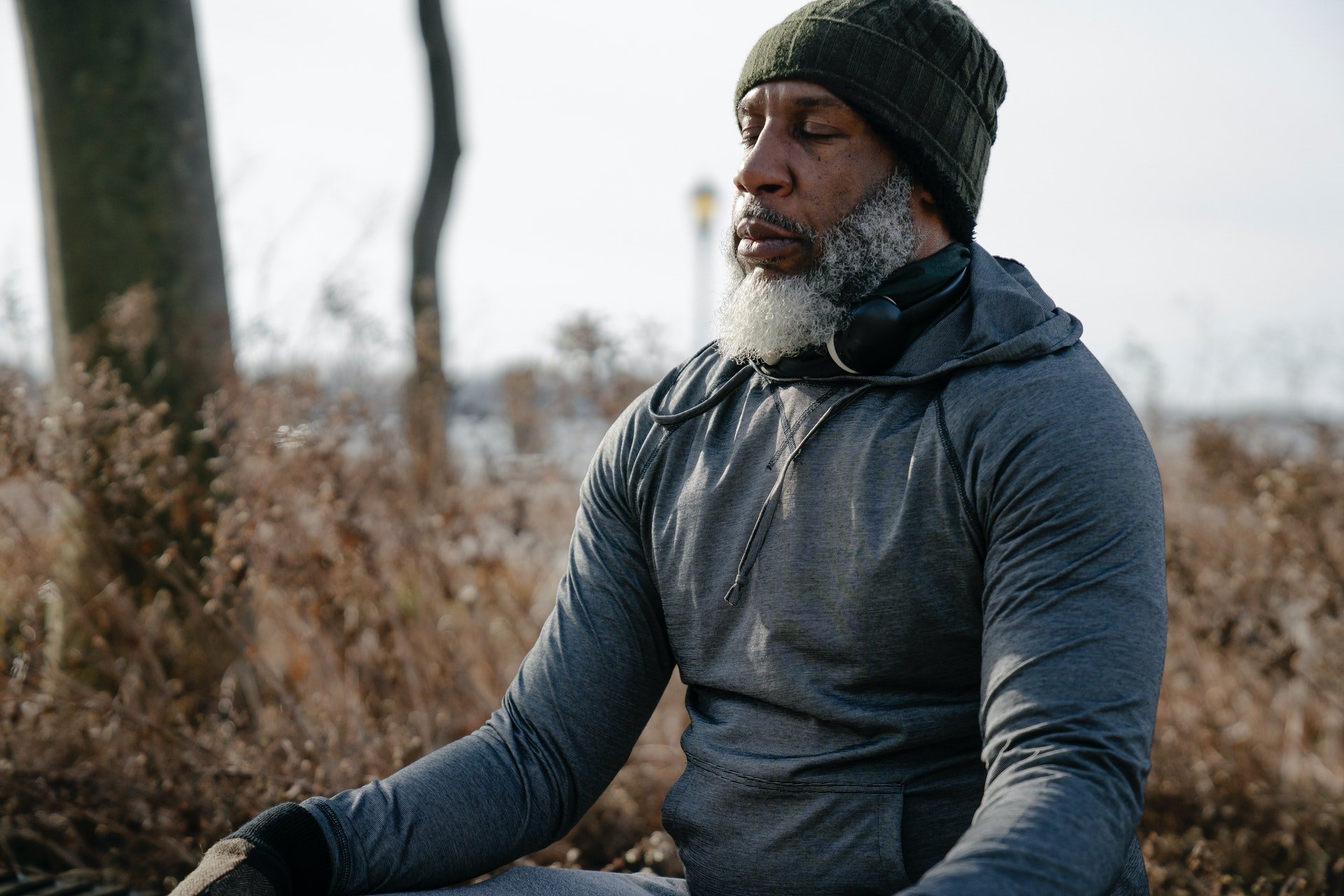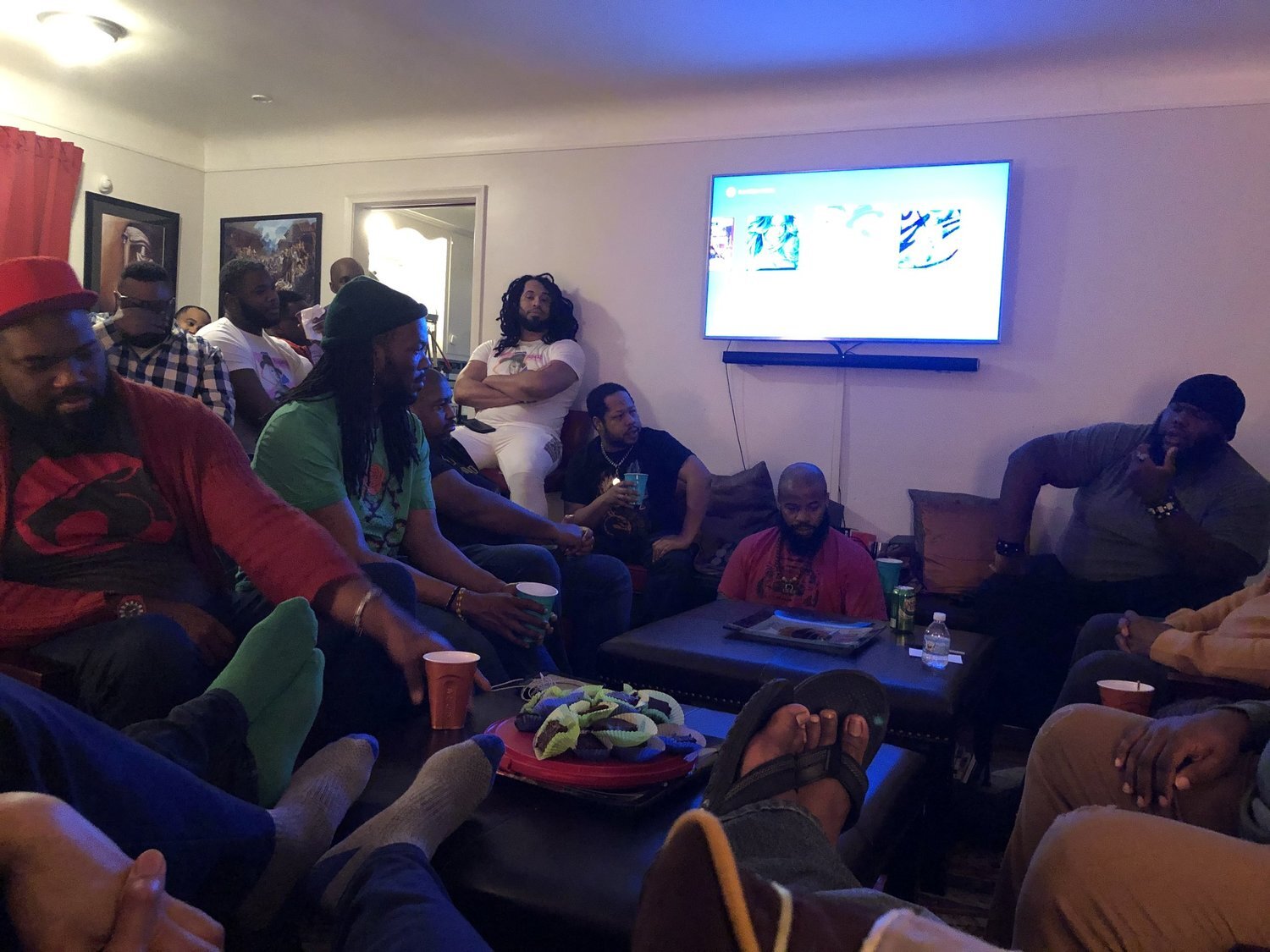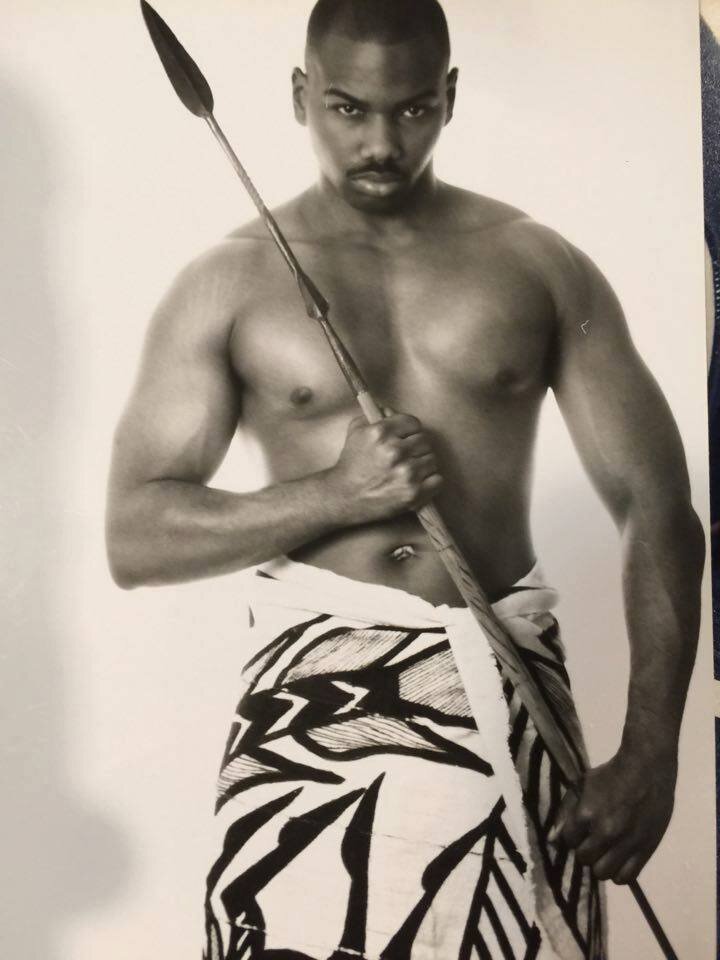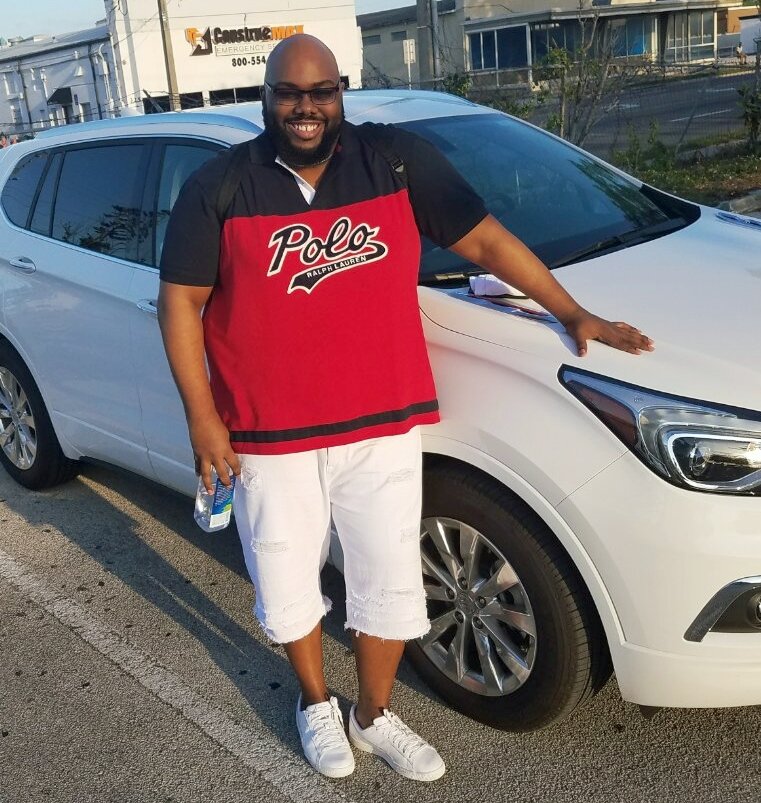In ‘NAKED’ Photo Collection, Black Queer Vulnerability Is On Full Dis
On November 12, 2017, at 6:49 pm, I received a text that read: “Antron has transitioned.”
The official cause of death was cancer, but HIV was the cause. I’ve never written that publicly before, although it’s true. Antron-Reshaud Olukayode was a poet, artist, and community activist, but more importantly, he was my friend.
2017 was an important year for me as a creative. In retrospect, it’s hard to wrap my head around just how much work I was able to curate. I produced podcasts and multiple live events, shot countless photoshoots, produced a music video, co-curated an art display at the National Center for Civil and Human Rights, and even won an award.
